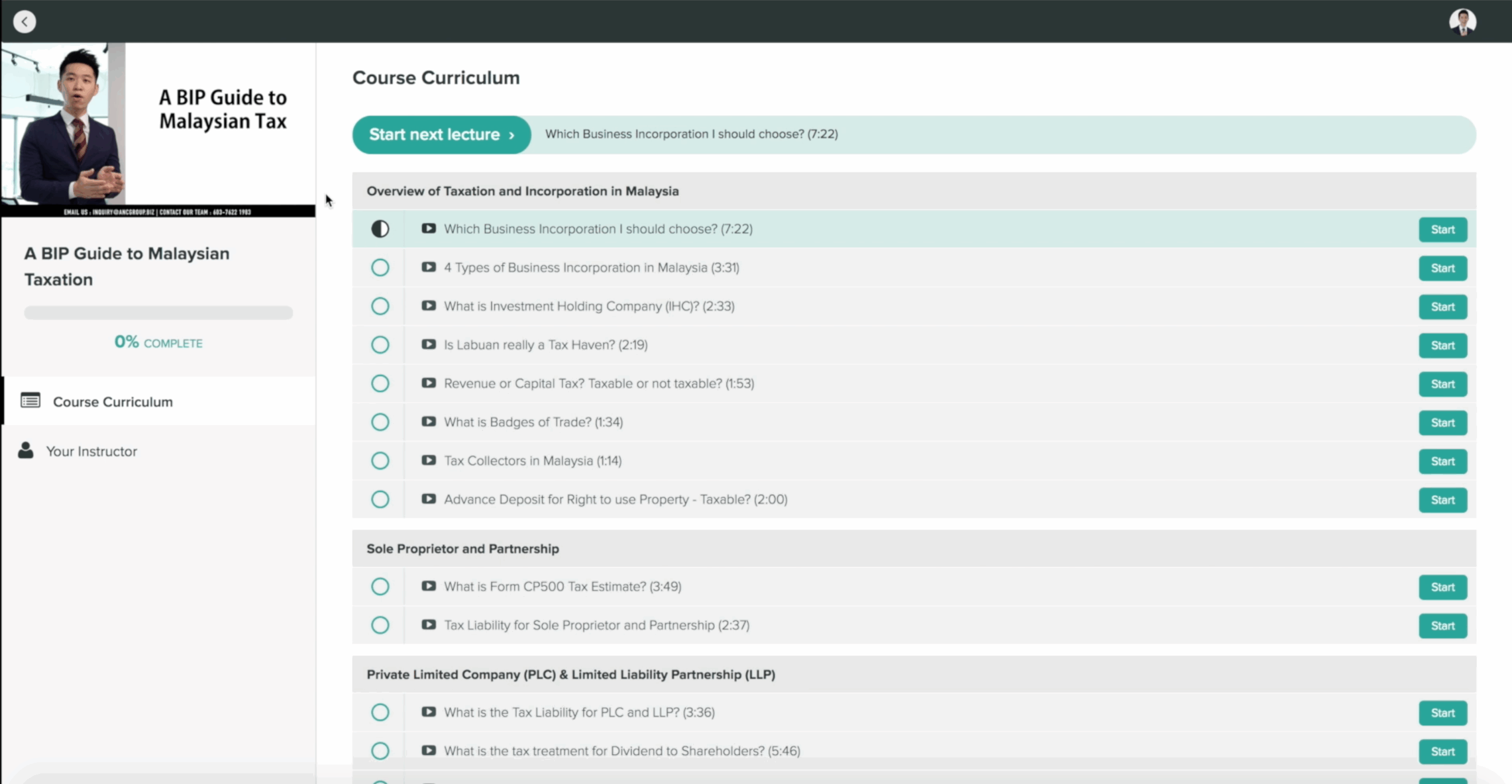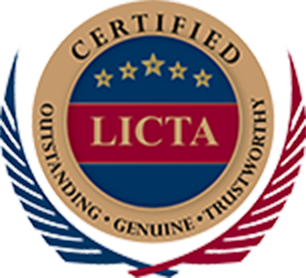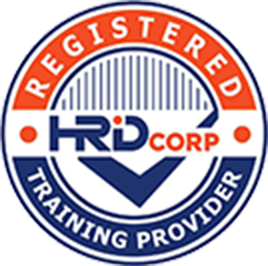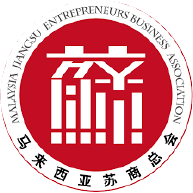PUBLIC RULING NO. 5/2019 : Perquisites From Employment
The objective of this PUBLIC RULING NO. 5/2019 : Perquisites From Employment is to explain the tax treatment on perquisites from an employment received in respect of having or exercising the employment in Malaysia.

- What are perquisites?
According to Public Ruling No.5/2019, perquisites are defined as benefits in cash or in kind that are convertible into money received by an employee from the employer or third parties in respect of having or exercising the employment.
- What are the characteristics of perquisites?
a) Received regularly or casually
b) Received in cash or in kind, if received in kind, such items must have money’s worth and are convertible into money
c) Received in respect of an employment contract by employer (EA Form) or a third party voluntarily (Form B / BE). Perquisite is subject to tax only if it is arising in
respect of having or exercising an employment.
- Are there examples of perquisites?
Among the types of perquisites commonly given to an employee by the employer are:
(a) Pecuniary liability of employees paid by the employer, such as income tax payment, electricity bills, water and telephone bills
(b) Credit card facilities
(c) Loan interest
(d) Recreational club membership
(e) Tuition or school fees of child
(f) Life insurance premium
(g) Gardener, driver, domestic help or guard (employed by employee)
(h) Waiver of loan or advance
(i) Scholarship
(j) Assets given free of charge or sold at a discount
(k) Gift vouchers
(l) Gift of personal computer to the employee by the employer
(m) Excellent public service award
(n) Professional subscriptions
- Are perquisites subject to tax?
Yes, all perquisites are gross income under paragraph 13(1)(a) of the ITA and are chargeable to tax under paragraph 4(b) of the ITA. However, the would still have some tax exemptions applicable to certain types of perquisites.
- How to calculate the value of perquisite chargeable to tax?
The value of a perquisite received by the employee is his gross income from employment under paragraph 13(1)(a) of the ITA.
For perquisites having a market value, the value of the perquisite is ascertained as follows:
Market value of perquisite – Amount paid for perquisite received (if any) = Value of the perquisite to tax on the employee
For perquisites not having any market value, the value of the perquisite is ascertained as follows:
Amount of the perquisite – Amount paid for perquisite received (if any) = Value of the perquisite to tax on the employee
- Are there any examples of perquisites which are exempted fully from tax?Pure gifts or testimonials received by an employee from his employer or third parties purely for personal appreciation or for specific personal reasons are not taxable.
As such gifts are NOT related to having or exercising the employment. For example:(a) Wedding gifts whether in the form of cash, jewellery or other items given to an employee by the employer
(b) Cash given to an employee by the employer for passing the professional examination with excellent results
(c) Cash, other items or certificate of appreciation given to a bank employee by the employer or third parties for successfully foiling an attempted bank robbery
(d) Cash, other items and certificate of appreciation given to an employee for his/her achievement in some extraordinary feats such as –
– Swimming across the English Channel
– Sailing around the world with in a specified period of time
– Climbed the highest mountain in the world
– Other similar feats.
- Are there any tax exemptions applicable to the perquisites related to having or exercising the employment?
Tax Exempt Allowance
Penerangan Max Value Petrol & Perjalanan
AllowancePetrol card / allowance / travel allowance / toll payment (for official duties)
———————-
In order to qualify for the exemption, the employer has to identify
i) The amount of travelling allowance, petrol allowance or toll rate provided to the employee for
: Travel between home and place of work , or
: Exercising employment———————-
If the employer is unable to identify the abovementioned amount provided to the employee for travel between home and place of work; and/or the amount of allowance provided to the employee for travel in exercising employment, the amount of travelling allowance exempted is up to a maximum of RM6,000.
6000
Tempat Letak Kereta
AllowanceParking rate and allowance (actual amount expended)
Parking rate or parking allowance received by an employee is exempted from tax. This exemption includes parking rate paid by employer directly to the parking operator and parking allowance paid to his employee.
The amount must be reasonable and not excessive.
Example 18 in Public Ruling No.05/2019 on Perquisite refers : whereby parking allowance of RM180 received per month by employee is exempted from tax.
–
Meal Allowance
Meal allowance on regular basis (actual amount expended)
Meal allowance received by an employee on a regular basis, for example on daily or monthly basis given at the same rate to all employees is exempted from tax. The amount of meal allowance provided by the employer to his employee has to be reasonable and not excessive.
Meal allowance provided to an employee for purposes such as:
• Overtime or outstation;• Overseas trips; and• Other similar purposes in exercising his employment.The allowance meant to cover meal expenses of the employee. Such meal allowance / per diem is paid according to employee’s position, duties or place where the employment is exercised. The amount has to be given based on the rate fixed in an internal circular or written instruction of employer.
–
Penjagaan Anak
AllowanceChildcare allowance (up to 12 years of age)
Childcare allowance received by an employee or paid directly by employer to childcare center.
The definition of “child” means a child age of 12 years and below, who is a legitimate child or step (adopted accordance with any law) child of an individual of his wife/husband.
2,400
Tax Exempt Allowance
Penerangan
Max Value
Phone
Mobile phone (including cost of registration and installation)
Gift of fixed line telephone, mobile phone, tablet, pager or Personal Digital Assistance (PDA) including cost of registration and installation registered in the name of employee or name of employer.
1 unit for each category of asset
Bil Telefon
Monthly phone bills
Monthly bills or subscription of broadband including cost of registration and installation registered in the name of employee or name of employer.
Fixed allowance is taxable under s.13(1)(a).
1 line for each category of asset
Personal Appreciation
: Past achievement,
: Service excellence,
: Long service (10 years within same employer or within same group of companies),
: Innovation or productivity award.
2,000
Loan Interest
Subsidized interest for housing, education or car loan (loan does not exceed RM300,000) Property
The exemption of subsidized interest on housing loan is applicable to any type of residential property and regardless whether the employee already owns another residential property.
Education
Exemption of subsidized interest on education loan is only in relation to education loan which is utilized for the employee’s own education.
Car Loan
Exemption of subsidized interest for car loan means a motor vehicle other than commercial vehicle.
–
Educational Loan under PTPTN
Educational loan under PTPTN paid by an employer on behalf of his employee who is a Malaysian citizen, full time and not his relative. [PU(A) 414/2019 : YA 2019 to YA 2021]
–
- Are the tax exemptions above applicable to every employee?
These exemptions are not applicable to an employee having control over his employer. If the employee has control over his employer, these allowances will be taken to be part of his employment income and subject to tax.“Control over employer” includes:-• For a company, holding of shares or the possession of voting power or by virtue of powers conferred by the articles of association• For a partnership, the employee is a partner of the employer; or• For a sole proprietorship the employee and the employer is the same person.
ANC Group – Your Personal Tax Advisor
Tax consulting is the core service of ANC Group. Our tax professionals provide clients with comprehensive tax support and guidance. We offer tax consulting and compliance services for expatriates, entrepreneurs, and listed and non-listed companies.
Our tax consulting services include business tax, transaction tax, personal tax, and corporate income tax. We don’t just guide you in interpreting and applying complicated taxation rules, but to explore new opportunities and business trends.
ANC Group keep you abreast with Malaysia tax updates and any changes in the local regulations.
We work closely with industry specialists, authorities, and associated professionals within ANC Group to provide the best-in-class integrated tax planning solutions. ANC specialists coordinate the accounting and taxation services to bring your business to success.
[vc_btn title=”Get a Quote” color=”orange” size=”lg” link=”url:%23Footer|title:Footer||” el_id=”buttonGetQuoteTaxService”]







